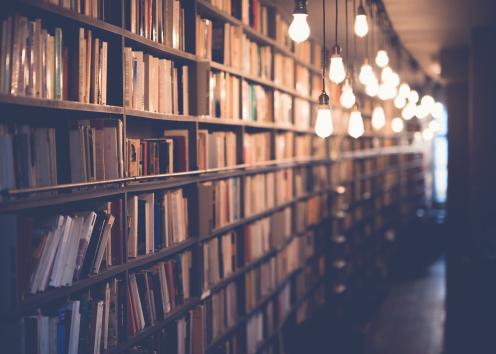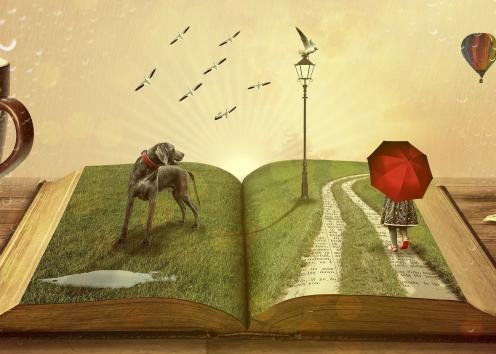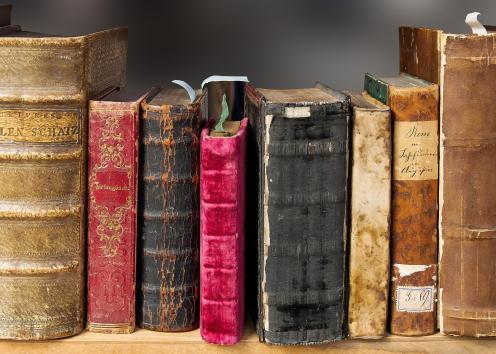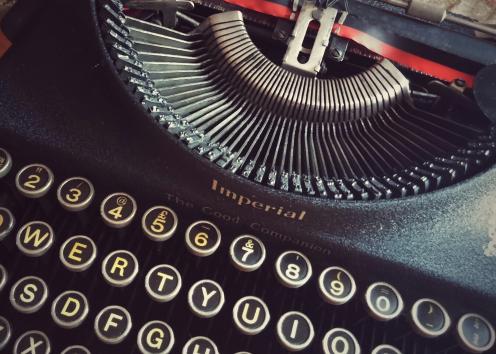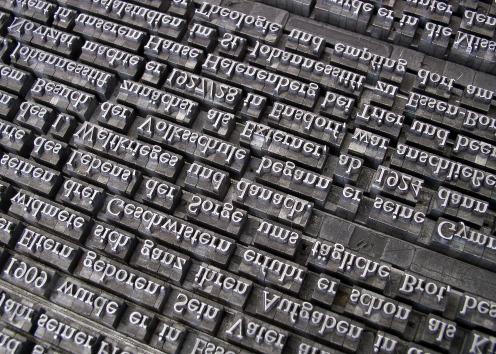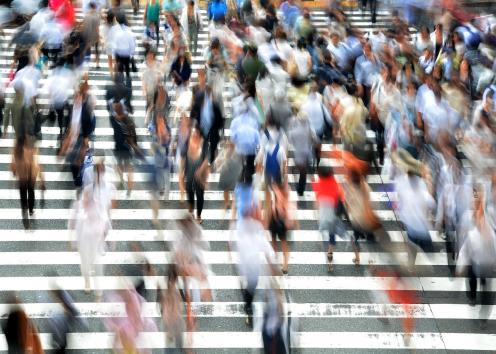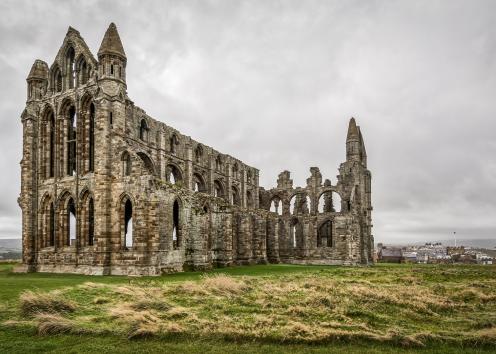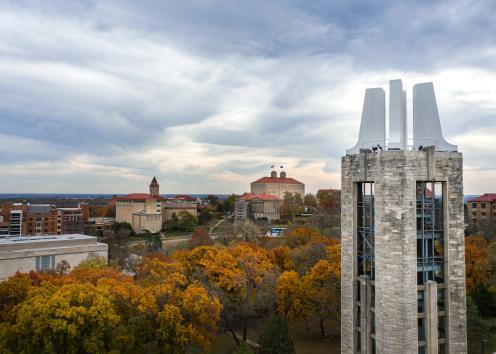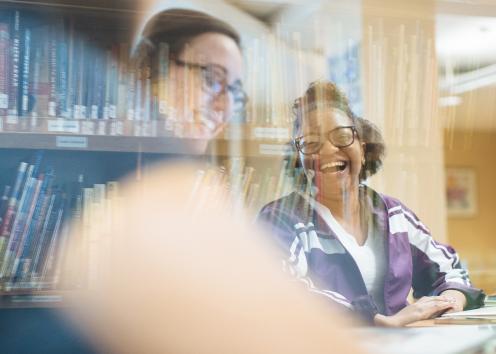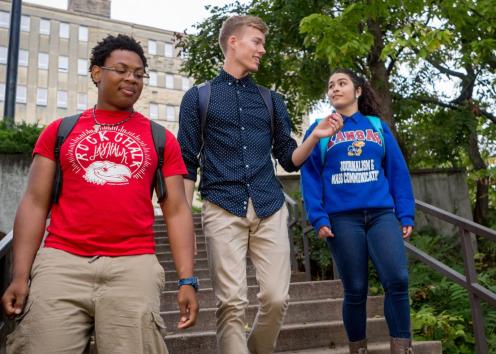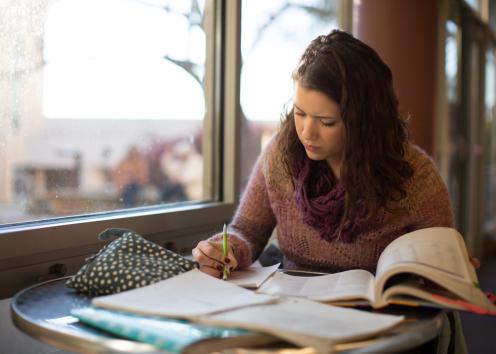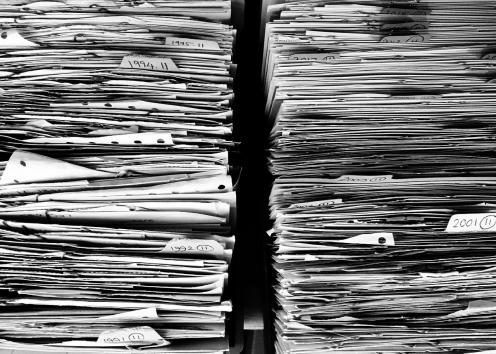Literature Pre-1850 Fall 2026
ENGL 309: The British Novel to 1850
Instructor: Anna Neill
26364 | By Appointment | Online
If you like true crime, fantasy, horror, comedy, or romantic drama, then you are already interested in the history of the novel. From 17th-century romance to the “social problem” fictions of the 19th century, novels catered to their readers’ longing for adventure and mystery, their desire for social justice, their pleasure in seeing virtue rewarded with love, and the thrill of being transported vicariously to another world. In depicting the desires, terrors, and sensational fortunes or misfortunes of their characters, novels dramatized the historical forces that shaped these lives and those of their readers. Novels could be complicit with structural inequities and abuses, but they could also invite criticism of the social and political forces engendering cruelty or injustice.
We will read seven novels in this course, covering multiple genres that include romance, realism, Gothic, sentimentalism and social satire. We will discuss how each work reflects, intentionally or otherwise, the historical realities from which it arises. And we will consider how novelistic forms impact our understanding of the worlds they create.
*This course also satisfies the Edwards Campus LLW requirement for Literature before 1900 or British Literature

ENGL 312: Major British Writers to 1800
Instructor: Dr. Misty Schieberle
26365 | TuTh 11:00-12:15 PM | Wescoe 4076
This course explores British literature from the earliest English writings through the eighteenth century – the foundations of what we now think of as fantasy, satire, epic, tragedy, and even the modern novel. Together, we will practice attentive, thoughtful reading in order to understand how the English literary tradition develops over time – and how later writers respond to, reshape, and challenge what came before. Our readings range widely in genre, style, and historical moment: Old English warrior poetry, medieval chivalric romance, animal fable, and even fairy and werewolf tales, as well as pre-modern drama, sonnets, and satire. Readings will include Beowulf; Sir Gawain and the Green Knight; selections from Chaucer, Sir Thomas Malory’s Morte D’Arthur, and Milton’s Paradise Lost; Webster’s The Duchess of Malfi; and Swift’s “A Modest Proposal,” among others. As the semester progresses, we will trace how writers reinterpret enduring human questions about heroism, faith, identity, power, ambition, love, and authority to consider how these works shape later literature and modern adaptations. Requirements: regular class attendance and participation, quizzes, short writing assignments, and two exams. This course fulfills the English 312 or equivalent requirement for the English major.

ENGL 317: Topics in American Lit to 1865 - Freedom & Bondage in Antebellum American Literature
Instructor: Paul Outka
28045 | MW 2:00-3:15 PM | Wescoe 4076
This course will examine a number of texts written largely before the Civil War that were profoundly concerned with the meanings of freedom—individual, artistic, political, social, sexual, physical, etc.— and the wide variety of difficulties in attaining it. Our reading and discussions will juxipose texts from the so-called “American Renaissance”—a period traditionally defined by the burst of creative work by Emerson, Thoreau, Melville, Whitman, Hawthorne, and others, works deeply concerned with individual freedom, the possibility of orginality, as well as enslavement—with writers who were more focused on the immediate crises of enslavement and abolition, including Harriet Jacobs, Fredrick Douglass, Harriet Beecher Stowe, and David Walker. This broader context will allow us to view the extraordinary concern with individualism, self-creation, originality, and freedom in the former group through the prism of enslavement, the issue that saturated the period’s political, cultural, and philosophical discourse. Rather than dismissing the canonical texts as simply escapist, or including the less canonical texts as mere variations on the central works, we will read this important literary period as fundamentally intersectional, as a profoundly interrelated series of meditations on freedom and bondage.

ENGL 570: Topics in American Literature - Literature of the American Revolution
Instructor: Laura Mielke & Randall Fuller
26388 | MW 2:00-3:15 PM | Wescoe 4020
250 years ago, the Declaration of Independence was composed, signed, published, and read aloud across the North American colonies and beyond. In this course, we will closely study the Declaration as a work of literary as well as political import and take up a range of contemporary texts that inspired or were inspired by the Declaration. As we read, we will ask: What does it mean to write and speak a nation into being? How has the Declaration been interpreted, by whom, and why? What impact has the interpretation of the Declaration—and in particular, its insistence that “all men are created equal”—had on national culture (as well as politics)? Ultimately, we will not only look at the intellectual and social contexts from which the Declaration arose, but also the ways in which the Revolutionary Era speaks to us now.
This class is cross listed with ENGL 776

ENGL 598: Honors Proseminar- The Gothic
Instructor: Ann Rowland
26390 | TuTh 2:00-3:15 PM | Wescoe 4020

ENGL 776: American Literature to 1900 - Literature of the American Revolution
Instructor: Laura Mielke & Randall Fuller
26393 | MW 2:00-3:15 PM | Wescoe 4020
250 years ago, the Declaration of Independence was composed, signed, published, and read aloud across the North American colonies and beyond. In this course, we will closely study the Declaration as a work of literary as well as political import and take up a range of contemporary texts that inspired or were inspired by the Declaration. As we read, we will ask: What does it mean to write and speak a nation into being? How has the Declaration been interpreted, by whom, and why? What impact has the interpretation of the Declaration—and in particular, its insistence that “all men are created equal”—had on national culture (as well as politics)? Ultimately, we will not only look at the intellectual and social contexts from which the Declaration arose, but also the ways in which the Revolutionary Era speaks to us now.
This class is cross listed with ENGL 570

